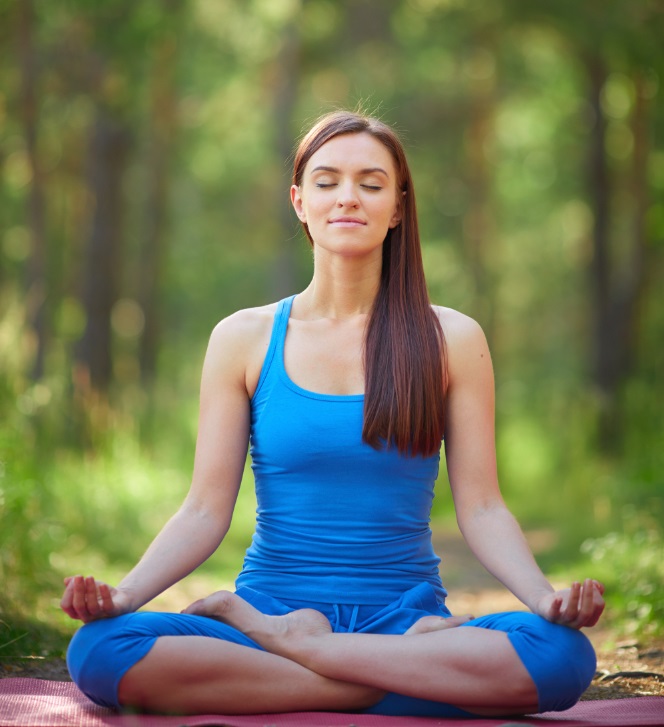
Antara Meditation workshop
- We teach meditation techniques
- Cleaning chakras in our system
- Pranayama with breathing benefits
- Most importantly you will get your own personalized mantra based on your place, time and date of your birth
- Once a week - 2 hrs , you can choose any day and time from 9 am to 5 pm window. It’s mostly virtual , prefer one class in person on weekday or weekend.
know more
Both meditation and the age-old Indian practise of ayurveda work best together to enhance general wellbeing. Ayurveda acknowledges the mind-body connection and the importance of mental and emotional wellbeing for preserving good health. Here are five essential meditation methods and the significance of each in Ayurveda:
1. Mindfulness meditation: Mindfulness meditation is the practise of paying attention to the time at hand while objectively observing thoughts, emotions, and physical sensations. According to Ayurveda, mindfulness meditation is crucial for increasing self-awareness and learning more about one’s body and mind. Individuals can make better choices regarding their nutrition, way of living, and general health as a result of becoming more aware of their own needs and signals.
2. Mantra Meditation: In order to focus and calm the mind, mantra meditation includes repeating a certain sound, word, or phrase (mantra). It is thought that mantras contain vibrational properties that might have a good impact on the mind and body. Mantra meditation is utilised in Ayurveda to harmonise the doshas and advance healing. Specific mantras related to various doshas can be chanted to promote balance and general wellbeing.
3.Pranayama (Breath Control): A sequence of breathing exercises known as pranayama is used to regulate and modulate the breath. According to Ayurveda, the breath contains the essential life force energy (prana). Exercises in pranayama regulate prana flow, purify energy pathways (nadis), and balance the doshas. The regular practise of pranayama is thought to improve general health, calm the mind, lower stress, increase vitality, and relax the body.
4. Yoga Nidra: Also referred to as yogic slumber, Yoga Nidra is a guided relaxation method that promotes deep relaxation while upholding awareness. Yoga Nidra is regarded as a potent tool in Ayurveda for revitalising the body and mind. It facilitates the body’s ability to heal and reestablish its natural equilibrium by assisting with tension release, stress reduction, and peaceful sleep.
In Ayurveda, meditation is significant because it fosters harmony, balance, and self-awareness. People can gain a number of advantages by adopting regular meditation practises in their lifestyle, including:
1. Stress Reduction: Reduced generation of stress hormones and enhanced relaxation are two effects of meditation that are known to relieve stress. This aids in the management of stress, anxiety, and illnesses that are connected.
2. Improved Mental Clarity: Regular meditation can improve focus, concentration, and mental clarity. It fosters a calm and balanced state of mind that enables people to make wiser choices and react to circumstances with more clarity.
3.Emotional Well-being: Meditation techniques aid in a person’s emotional regulation and emotional resilience. It can lessen depressive symptoms, encourage a positive outlook, and improve general emotional health.
4. Enhanced Physical Health: Meditation improves the mind-body connection, which is a key component of Ayurveda. Meditation can benefit several aspects of physical health, including immune system function, digestion, and cardiovascular health, by lowering stress and encouraging relaxation.
5. Spiritual Growth: Meditation is regarded as a means of achieving both spiritual development and self-realization. It offers a chance for introspection, self-reflection, and establishing a connection with one’s higher consciousness or inner self.
Ayurveda emphasises the individuality of every person, and meditation techniques can be modified to fit each person’s constitution and individual requirements. For individualised advice on incorporating meditation into an Ayurvedic lifestyle, speak with an Ayurvedic practitioner or a trained meditation teacher.

